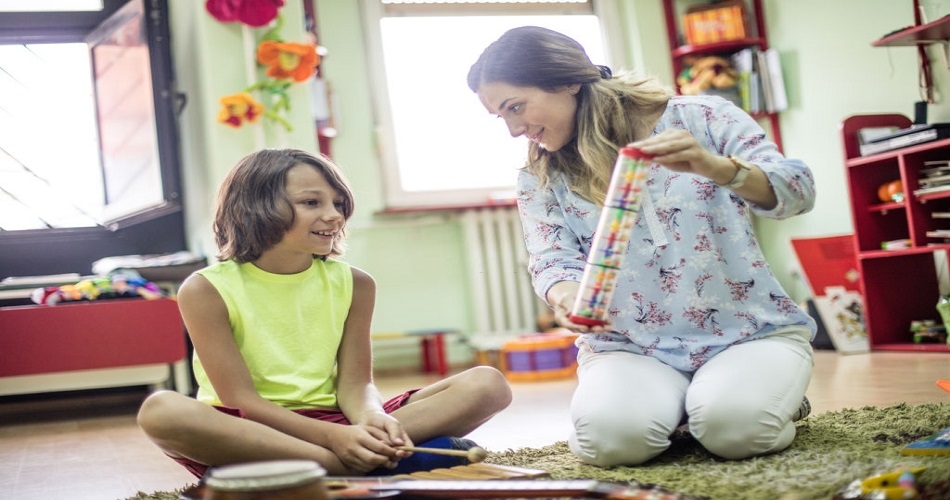Digging your training notes like a nerd! Wondering where you are going wrong?
If you are struggling with classroom management rest assured you are not the only one. Classroom management is probably an area of concern for the majority of teachers. Whether you are a new teacher or have experience in teaching, the complexity of classroom management may seem staggering with increased diversity.
Effective classroom management is elemental to a productive classroom environment. A well managed classroom allows meaningful learning to occur and thus, the core objective can be achieved by sustaining affectivity in learning environments.
Skilled teachers avoid these 3 common classroom management mistakes and give students a healthy learning environment:
Not making the connection with students
The effectiveness of classroom management primarily relies on how the teacher is connected with students. The classroom environment is at its best when there is sync between the teacher and his/her students. You are not only meant to keep your children busy and engaged, the kind of relationship you have with your students majorly affects how they would behave in the classroom.
First, having a strong relationship with each of your students allows you to strategize individual classroom management plans, and second, you are able to meet the needs or attention that the child is seeking.
Tips –
- Take the time to know your students, their backgrounds, how they have been performing so far, and a little bit about their characteristics.
- Get to know the underlying issue for the misbehaviors, rather than only focusing on the surface level behavior.
- Show your students you care about them.
Applying strategies without thinking through
It’s common to get bog down by what you are supposed to do without paying attention to what children truly need from you. Especially for aspiring teachers getting overwhelmed with multiple responsibilities may lead to doing things like following the rules rather than anticipating the problems instantaneously.
As a result, your students feel confused as to what is expected from them. More than going through the trial and error method, teachers need to try investing time in thinking step by step on how children are going to be involved in learning activities, how are you going to manage the gaps and transition, and how are you planning to make them do what you need them to do!
Tips –
- Run the classroom routine in your mind thoroughly, from the time you enter the classroom to the time you exit.
- Follow your version of routine that specifically suits your students.
- Be more flexible and responsive when things don’t work your way, change things up instead of pushing too hard.
Using techniques that are not in alignment with the teaching style
The pitfall of not embracing own personality into teachings is many. For starters, you will restrict your growth as a teacher unless you harness your uniqueness, you also cannot make things consistent for your students. Why! Because when you implement classroom management strategies/techniques that are not fitting to your philosophy, you can end up being at an impasse every time you try incorporating something.
You can use all tips and tricks are available in the world and yet end up in the same lane. The classroom environment can maintain better synergy when you can consciously amplify strengths and work on your weakness and explore possibilities that feel right to you.
Tips –
- Focus on exploring classroom management plans that you feel comfortable to enforce in your classroom.
- Use your awareness to apply techniques that are complementary to your teaching style.
- Don’t forget to follow your instinct as a teacher, and feel confident in your shoes.
Poorly managed classrooms can affect the learning process entirely. Inevitably, teachers may end up giving mixed signals to the students. When children notice their teacher is half the time busy maintaining the behaviors, they are constantly reminded of their faults and that their needs do not matter. In short, lesson learning runs on autopilot. Thus, during training time Certificate in Classroom Management course is proven to be a complementary program for aspiring teachers.
When done right effective classroom management can ensure children are learning meaningfully. Children slowly understand self-discipline and enjoy their learning activities organically. A well-managed classroom heightens focus and allows students to communicate, participate, and expand their understanding of the subject matter fully.
Written By : Debalina Chakraborty















